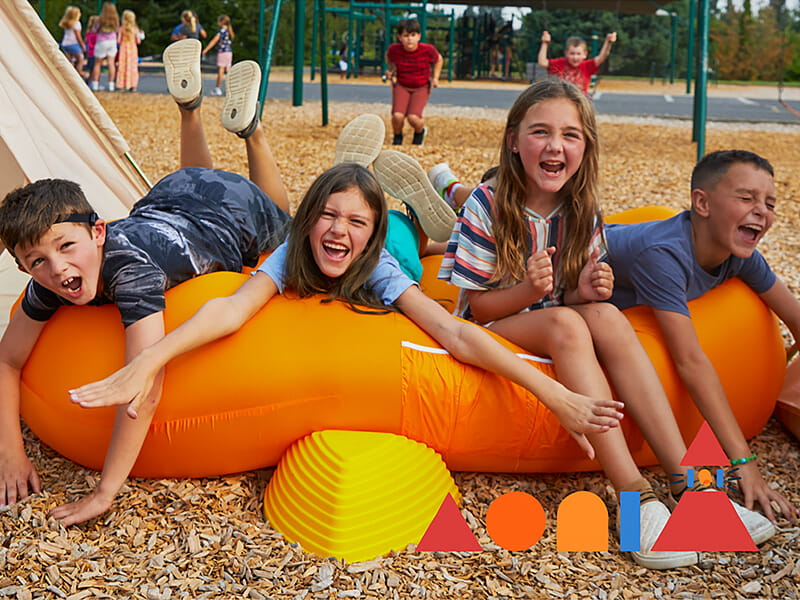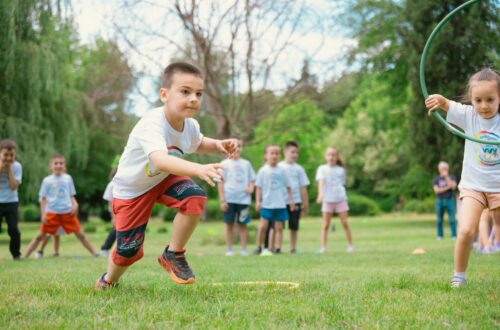In an age where screens dominate childhood, outdoor survival skills camps offer a refreshing alternative, immersing kids in nature while fostering resilience, confidence, and self-reliance. These overnight adventures are more than just fun; they provide young campers with essential survival knowledge and a deep connection to the natural world. By equipping children with practical skills, these camps prepare them for both outdoor challenges and everyday life, cultivating independence, problem-solving abilities, and mental toughness.
The Importance of Outdoor Survival Skills for Kids
Nature has long been a classroom for human survival, and for children, learning to navigate and adapt to the wild can be a transformative experience. Unlike traditional camping trips, survival skills camps teach kids how to thrive in nature without modern conveniences. They learn essential skills such as fire-making, shelter-building, foraging, water purification, and first aid. These practical abilities are not just useful in the wild but also serve as confidence boosters, helping children develop a mindset of perseverance and adaptability.
Moreover, outdoor survival training nurtures critical thinking and teamwork. When placed in situations where they must work together to overcome challenges, children learn the value of collaboration and communication. These experiences shape them into more resourceful individuals, preparing them for various life situations, whether in school, social settings, or future careers.
A Blend of Adventure and Education
Survival camps are designed to be both educational and adventurous. With guided instruction from experienced outdoor educators, children engage in hands-on activities that teach them how to respect and coexist with nature. Activities may include:
- Shelter Construction: Kids learn how to build safe and stable shelters using natural resources and minimal tools.
- Fire-Starting Techniques: Understanding how to create fire using flint, steel, or natural materials is an invaluable survival skill.
- Water Sourcing and Purification: Finding and treating water in the wilderness is a crucial lesson in outdoor survival.
- Orienteering and Navigation: With the use of maps, compasses, and natural landmarks, children learn how to find their way in unfamiliar terrain.
- Foraging and Food Procurement: Teaching kids how to identify edible plants and basic trapping techniques enhances their survival instincts.
- Emergency First Aid: Learning how to handle injuries, treat wounds, and respond to emergencies builds confidence and preparedness.
These engaging activities keep children excited and motivated while instilling important life lessons. Each task completed boosts their confidence and reinforces their ability to remain calm under pressure.
Boosting Confidence and Resilience
One of the greatest benefits of outdoor survival skills camps is the confidence and resilience they instill in children. Many kids begin the experience feeling uncertain about their abilities, but as they conquer each challenge, their self-esteem grows. Overcoming obstacles in nature teaches them that persistence and problem-solving can lead to success, a lesson that extends beyond the campfire into their daily lives.
Survival training also enhances emotional resilience. The ability to face discomfort—whether it’s adjusting to a new environment, dealing with unpredictable weather, or handling minor setbacks—helps children build mental strength. This resilience is crucial in today’s fast-paced world, where overcoming adversity is an important part of personal growth.
Fostering a Connection with Nature
In addition to teaching practical survival skills, these camps deepen children’s appreciation for the natural world. Many kids today grow up disconnected from nature, spending more time indoors than previous generations. Survival skills camps help bridge this gap by immersing children in an environment where they learn to respect and protect the wilderness.
Through hands-on experiences, kids gain an understanding of ecosystems, wildlife behavior, and sustainable outdoor practices. Learning to appreciate and take care of nature fosters a sense of responsibility and environmental stewardship, values that can stay with them into adulthood.
Why Parents Should Consider Survival Skills Camps
Parents who enroll their children in outdoor survival camps are investing in their personal development. These camps provide a safe yet challenging environment where kids can explore their capabilities, develop independence, and gain practical knowledge that extends far beyond the wilderness.
The benefits include:
- Increased self-confidence and self-reliance
- Improved problem-solving and critical thinking skills
- Greater resilience and emotional strength
- Stronger teamwork and leadership abilities
- A lifelong appreciation for nature and outdoor adventures
To learn more about how survival camps can help your child build confidence and embrace the great outdoors, check out this article: Embracing Wilderness: Building Confidence Through Outdoor Survival Skills Camps.



